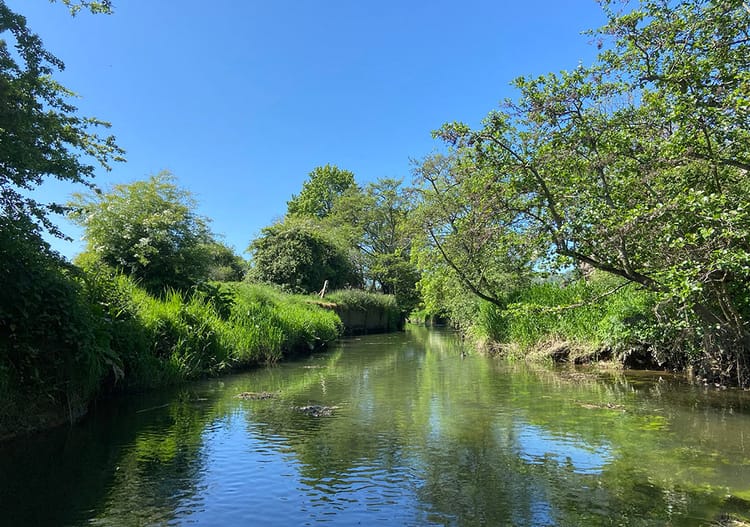COP26 and the Climate Crisis: Draft Agreement Avoids Tackling Critical Issues as World Leaders Continue to Pass the Buck

By Xi Yu
The COP26 draft memorandum 'urges', encourages' and 'invites' nations to double down on their greenhouse gas emission reduction targets by the end of 2022. It also 'calls' for ending the use of fossil fuels and an increase of financial support for developing countries. Despite these welcome commitments, through their use of equivocal and circumlocutory language, world leaders have tacitly avoided a number of critical issues to solving the climate crisis.
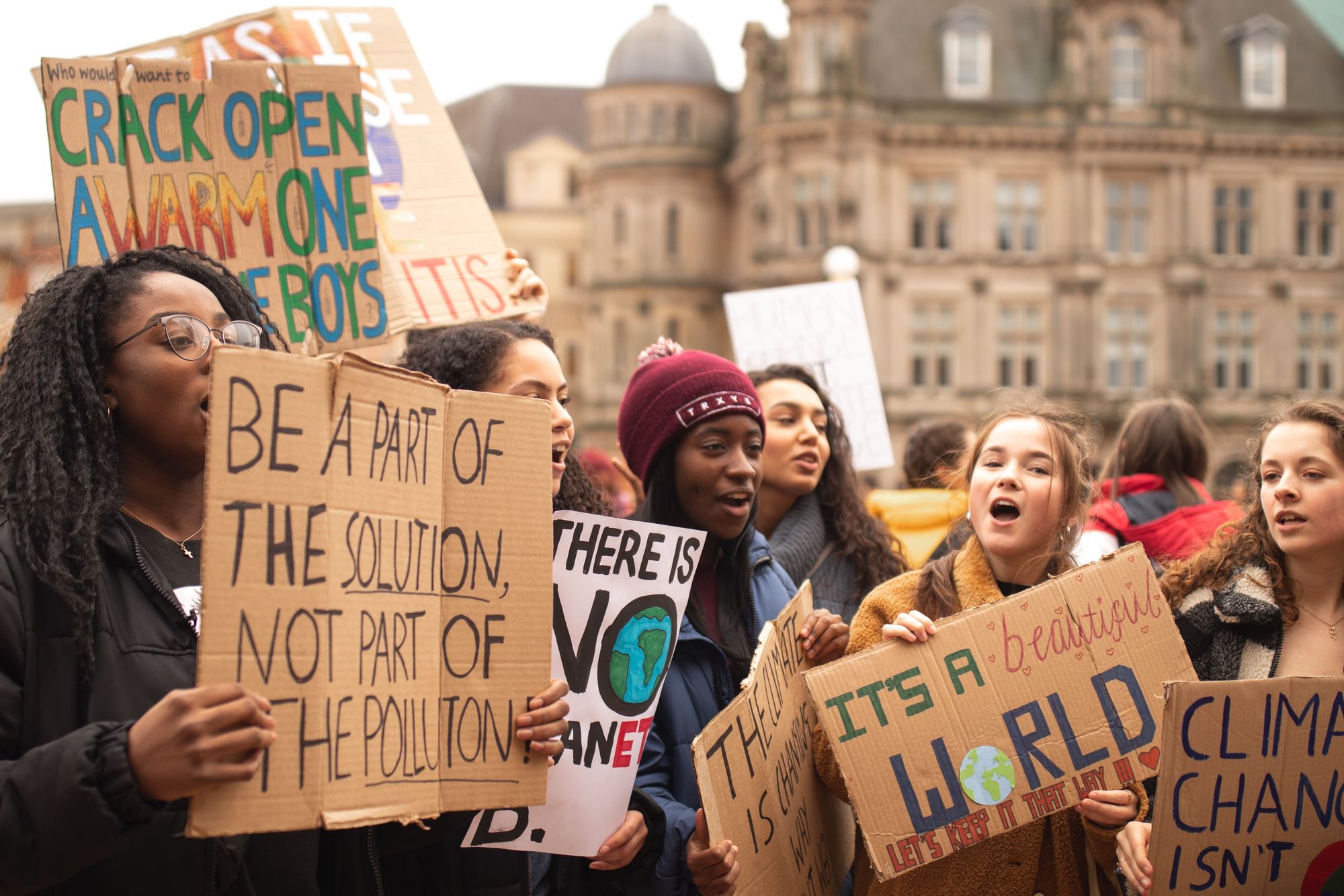
Six years ago, 193 countries signed the Paris Agreement which aims at limiting the rise in global average temperature well below 2C above pre-industrial level, with an aspirational target of reaching 1.5C. So far, global efforts to meet these goals have been inefficient. In its latest study, the Climate Action Tracker expected the global average temperature to reach anywhere between 2.5C to 2.9C by the end of our century. To reverse this trend, the global stocktake of greenhouse gas emissions would have to be cut by 45% by 2030.
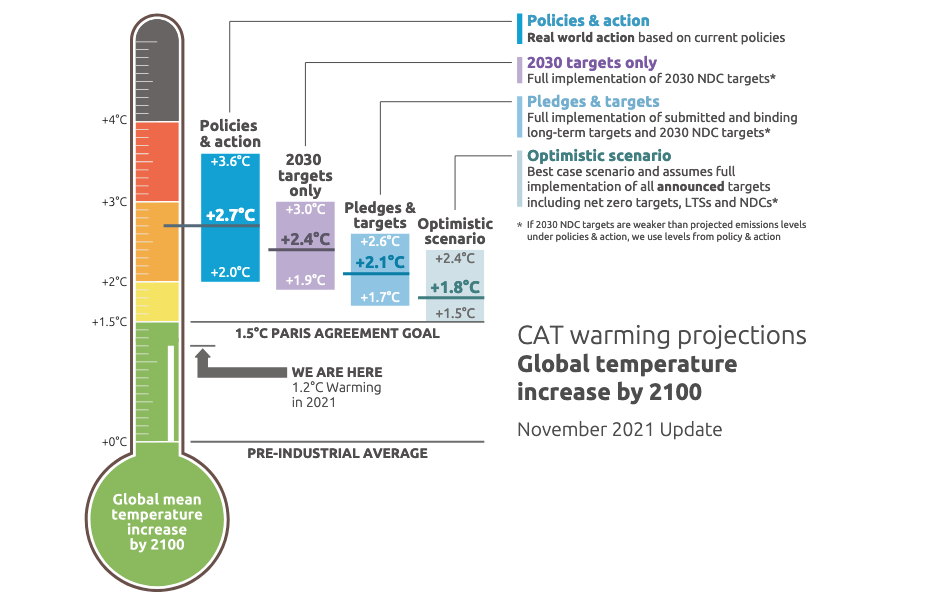
Of course, such a radical shift on a worldwide scale seems unlikely. Back in October, ahead of the COP26 summit, leaked documents from the UN revealed that several nations requested that the IPCC amend its latest assessment report to downplay the need to phase out the exploitation of fossil fuels. These included Saudi Arabia, India, Japan, Norway, and Australia.
As for financial support, the overall cost for funding mitigation and other climate change-related programmes in vulnerable regions would require a total sum of $100bn to be raised amongst wealthier nations. Unsurprisingly, this too was met with resistance. Developed countries have been historically hostile to admit any duty to compensate in damages, for their contribution to climate change during the industrial revolution.
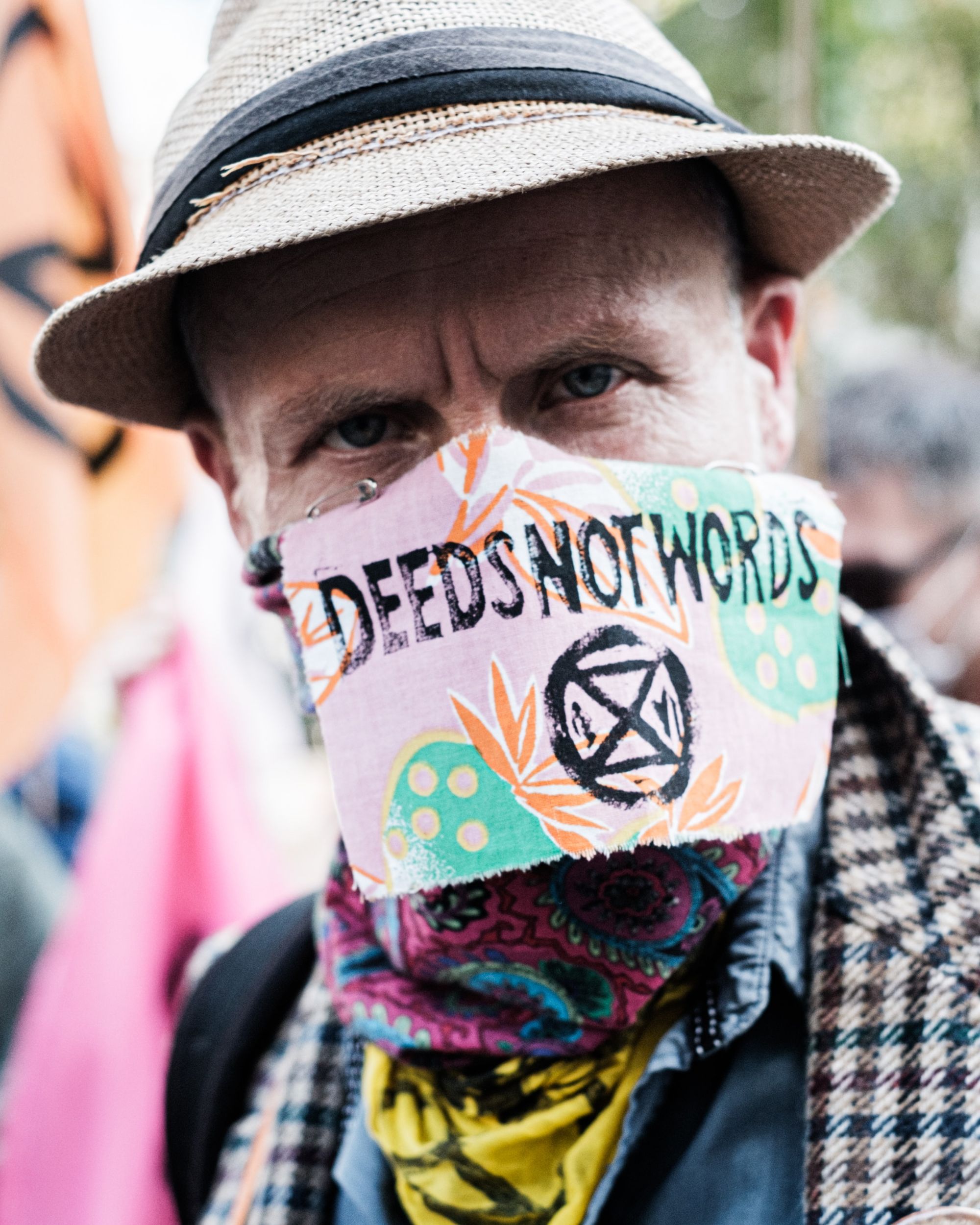
The harsh truth is that failing to reach Net Zero entails no material consequences that our current leadership in the Global North can concretely visualise. For the most privileged amongst us who are residing in the Global North, heavy flooding, widespread diseases, population displacement, and fatal heatwaves still belong to the category of half-baked dystopian movies. This is not the case for those in many areas of the Global South, where these are becoming, or already are, a reality.
In contrast, Global North governments fully understand the impact of monetary sanctions and legal liability, which arguably explains why the Paris Agreement contains no sanctions for failing to meet the 2C target – just a non-contentious compliance committee that has yet to see the light of day. Neither the memorandum resulting from COP26, nor the self-pledges to end deforestation or cut down methane emissions carries any normative weight before the international community. The Paris Agreement merely provides an obligation for countries to communicate new self-pledged emission reduction targets every five years.
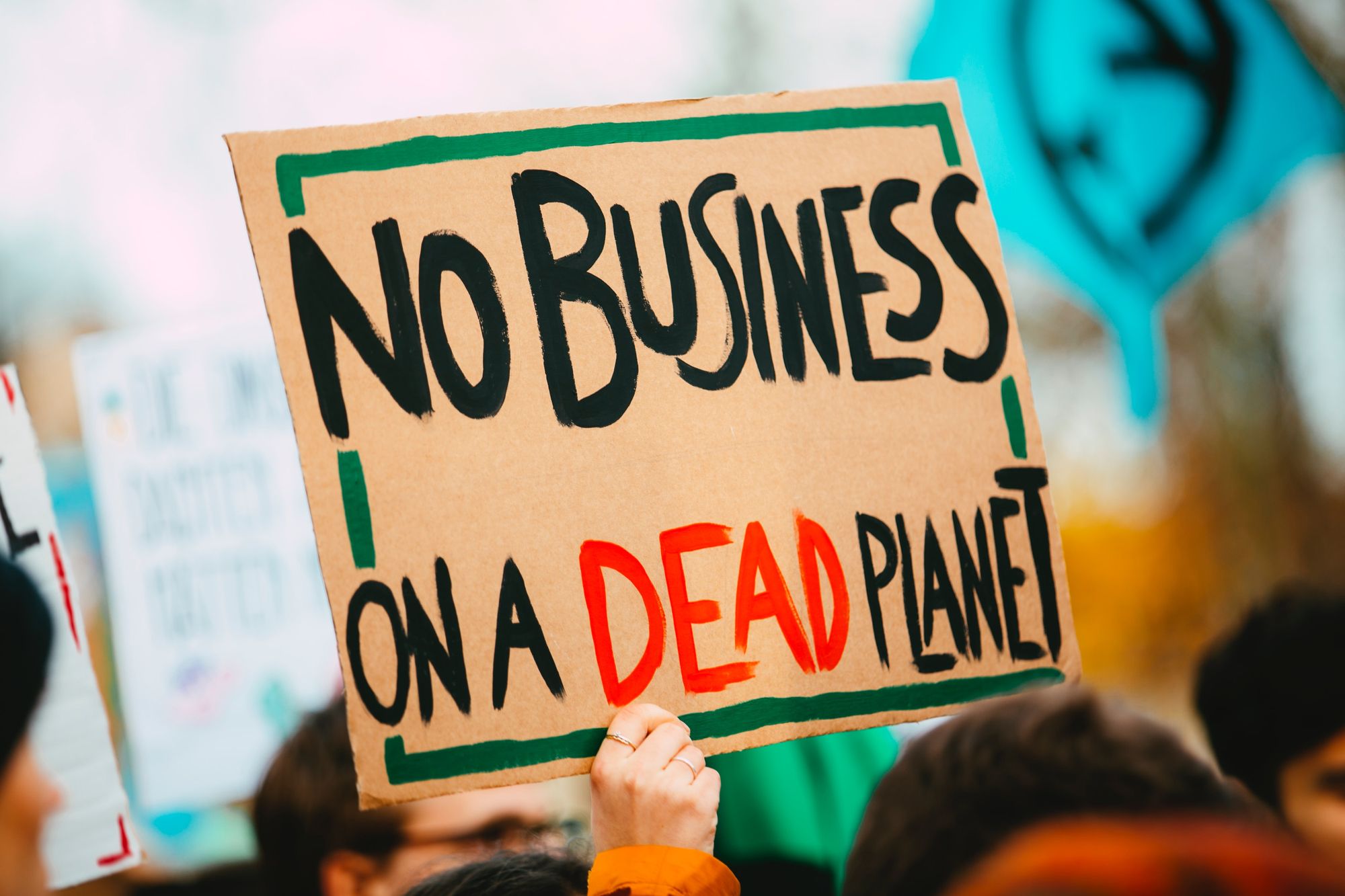
Hence, the draft agreement’s call for strengthening the world leadership’s approach to climate change has already been met with resistance from Russia and Saudi Arabia. And the last-minute watering down of language by India (encouraged by China) in the COP26 memorandum, via a “phase down” of fossil fuels rather than a “phase out”, is sadly not unexpected. If COP26 has met any expectations, it is that of frustration. Populations from the Global South, and especially small island States, have already begun to sustain the effects of the systemic impact of global inaction.
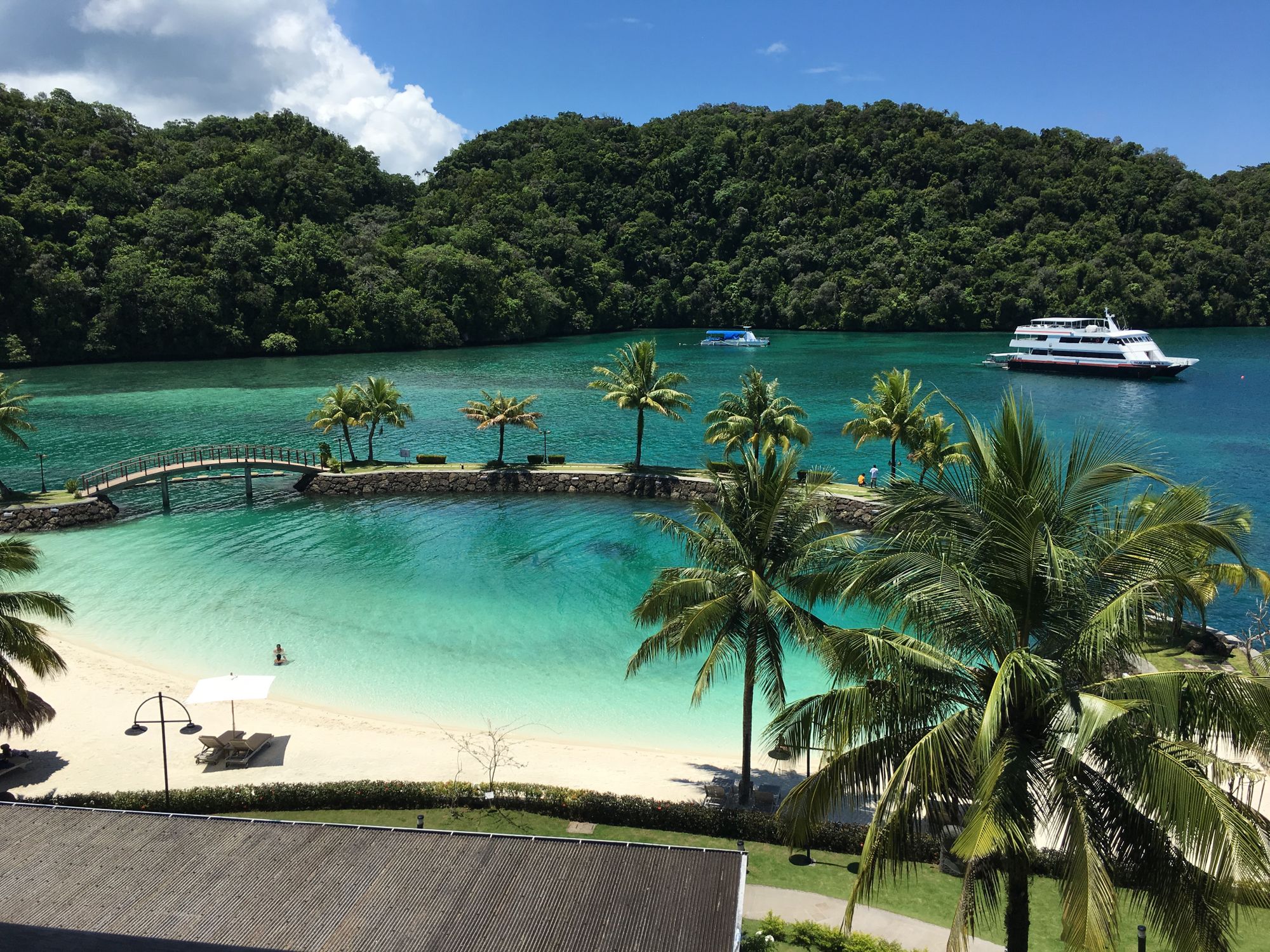
To quote President of Palau, Surangel Whipps Jr’s address in Glasgow:
“There is no dignity in a long and terrible death: you may as well nuke our islands.”
Though despite this relative inaction at an international level, any action to protect Nature at local and national levels all adds up. Acting to protect as many green spaces as possible also protects natural carbon sinks, in turn helping to combat the climate crisis. There is still strength in numbers, at a grassroots level. Wherever you are in the world, whatever inteventions you favour, there is still hope.
If you are on the website, enjoyed this blog and are yet to subscribe to the newsletter, you can click the button at the bottom right hand corner of this page, or simply head to the Lawyers for Nature homepage. You can also use our Contact Page if you would like to reach out directly. We look forward to working with you.


